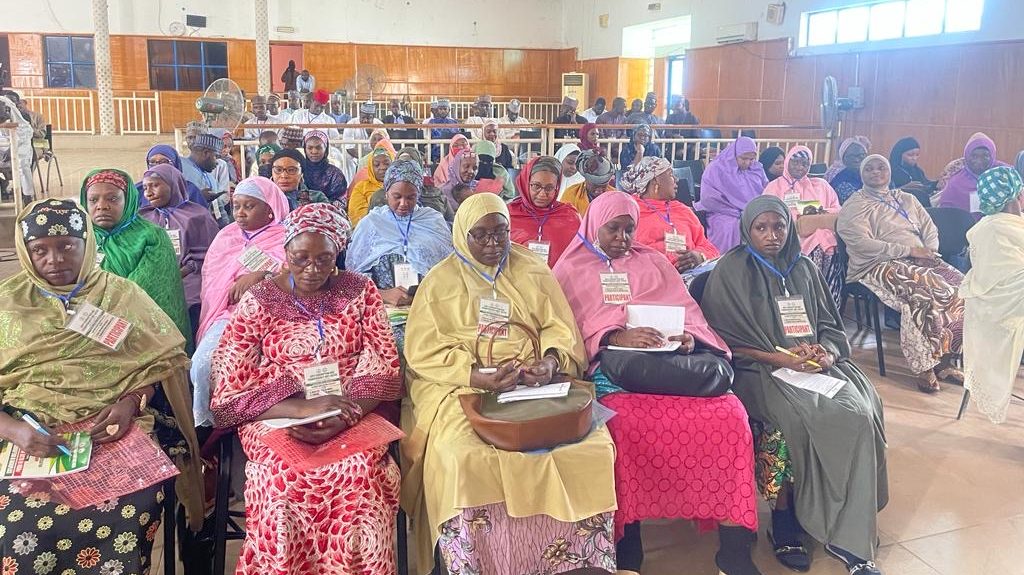The Independent Corrupt Practices and Other Related Offences Commission (ICPC) has stated that lack of adherence to basic ethical standards in public institutions is a major cause of corruption in the workplace.
The Commission made this statement in Kaduna State recently during a one-day sensitization programme for staff of the National Board for Arabic and Islamic Studies (NBAIS) organized by the Anti-Corruption and Transparency Unit (ACTU) of the Board.
Making his address at the event which was aimed to build a transparent and accountable public institution, the ICPC Kaduna State Resident Anti-Corruption Commissioner (RACC), Prince Hassan Mohammed, gave kudos to the ACTU for putting together the event stating that unethical conduct and lack of professionalism also breed corruption in the workplace.
Prince Mohammed charged NBAIS staff to awake to their responsibility and give their ACTU and the management the maximum support and cooperation to achieve their desired goal that would go a long way to strengthening the Board.
The RACC noted that “the fight against corruption is a collective responsibility. The ACTU and the staff have to put heads together to bring about desired positive change and to deliver on the organisation’s mandate”.
In his welcome address, the representative of the Registrar, Mr. Aminu Alhaji, described the event as apt in view of the current administration agenda to fight corruption.
He called on all staff to effectively collaborate with ACTU and the ICPC to curb the menace of corruption in the country.
In his remarks, the ACTU Secretary, Muhammed Jabbo, applauded the Commission for the great initiative in bringing about ACTUs, which has helped to bring about ethical standard in public institutions, stating that the Unit in NBAIS will work hard on its mandate and equally support ICPC in eradicating corruption in Nigeria.
The highlight of the event is a paper presentation on “The Role of ACTU in Ministries, Departments and Agencies”.


